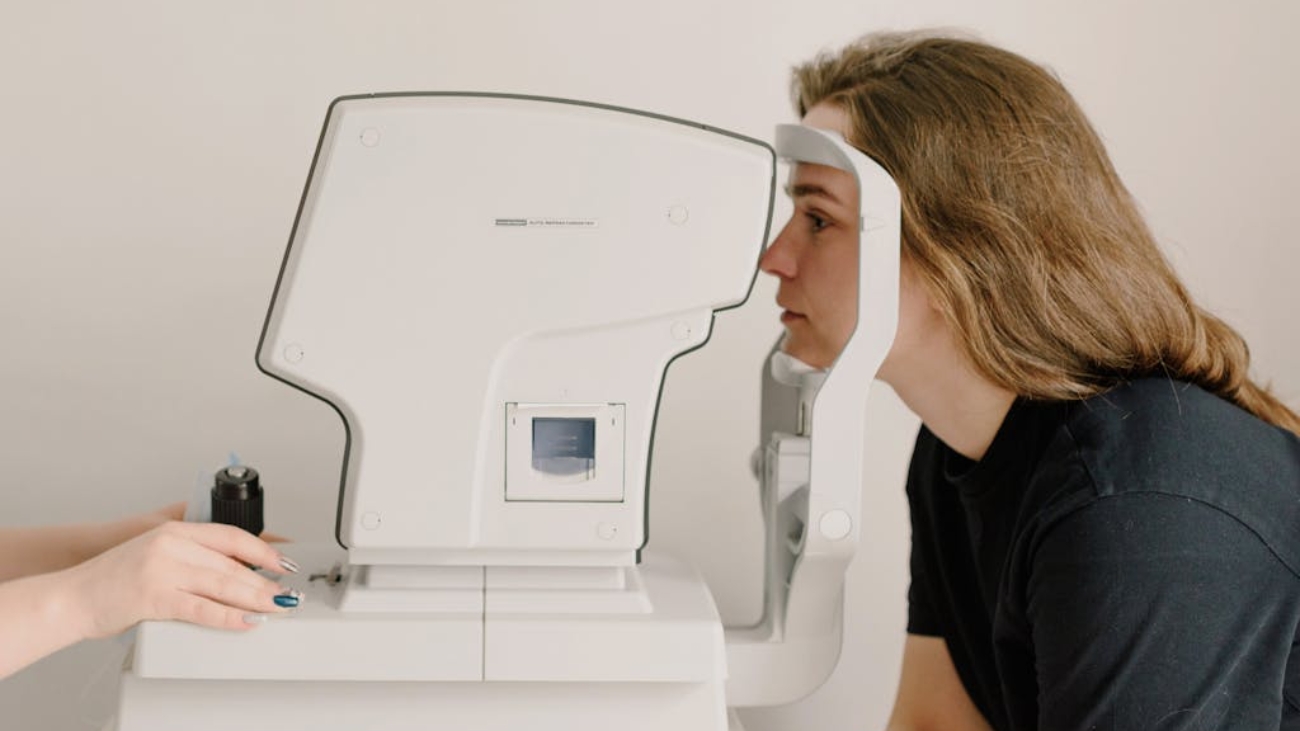Myasthenia Gravis (MG) is a chronic autoimmune disease that causes muscle weakness. It happens when the immune system of the body targets nerve-muscle connection. This can lead to a variety of symptoms that vary from person to person. If you notice certain signs, it’s important to seek medical advice. Here are the top warning signs that could indicate you have Myasthenia Gravis.
Muscle Weakness
Myasthenia Gravis is characterized by muscle weakness. It often starts in the muscles responsible for eye movements, swallowing, and speaking. This weakness gets worse with activity and improves with rest. Everyday tasks that were once easy, such as lifting objects or climbing stairs, may become more difficult.
Drooping Eyelids
One of the most noticeable signs of Myasthenia Gravis is drooping eyelids. When the muscles that control the eyelids weaken, it can cause one or both eyelids to sag. This may affect your vision or give you a tired appearance, especially as the day goes on.
Double Vision
Double vision, or diplopia, occurs when the muscles that control eye movement become weak. This misalignment of the eyes can cause you to see two images of a single object. It may worsen with fatigue or after long periods of use, such as reading or watching TV.
Difficulty Swallowing
Weakness in the muscles responsible for swallowing can make eating and drinking difficult. You might experience choking or coughing while eating, or feel like food is stuck in your throat. This symptom can be dangerous, as it can lead to aspiration or malnutrition if left unaddressed.
Slurred Speech
Myasthenia Gravis can affect the muscles used in speaking. If the muscles in your face, tongue, or throat become weak, you may notice your speech becoming slurred or unclear. This can make communication more difficult and might worsen with fatigue.
Breathing Problems
In severe cases, Myasthenia Gravis can affect the muscles used for breathing. This can lead to shortness of breath, shallow breathing, or even difficulty breathing when lying down. If you experience breathing issues, it is crucial to seek immediate medical attention.
Fatigue
Feeling unusually tired or drained after activities can be a sign of Myasthenia Gravis. This fatigue can worsen throughout the day and may make even simple tasks seem exhausting. Resting can help temporarily relieve this feeling, but it tends to return once activity resumes.
Weakness in the Arms and Legs
In addition to the muscles around the face and eyes, Myasthenia Gravis can also cause weakness in the limbs. You might notice difficulty with walking, standing up from a chair, or lifting objects. The weakness often improves with rest but returns after physical exertion.
Difficulty Holding Your Head Up
Weak neck muscles are a common sign of Myasthenia Gravis. This can make it hard to hold your head up for long periods, or you may find yourself nodding unintentionally due to muscle weakness.
Sensitivity to Heat
Many people with Myasthenia Gravis notice that their symptoms worsen in hot weather. High temperatures can cause muscle weakness to become more pronounced, leading to more noticeable fatigue and difficulty with activities.
If you notice any of these warning signs, it’s important to seek a proper diagnosis from a healthcare professional. Early detection and treatment can help manage the symptoms and improve quality of life.
